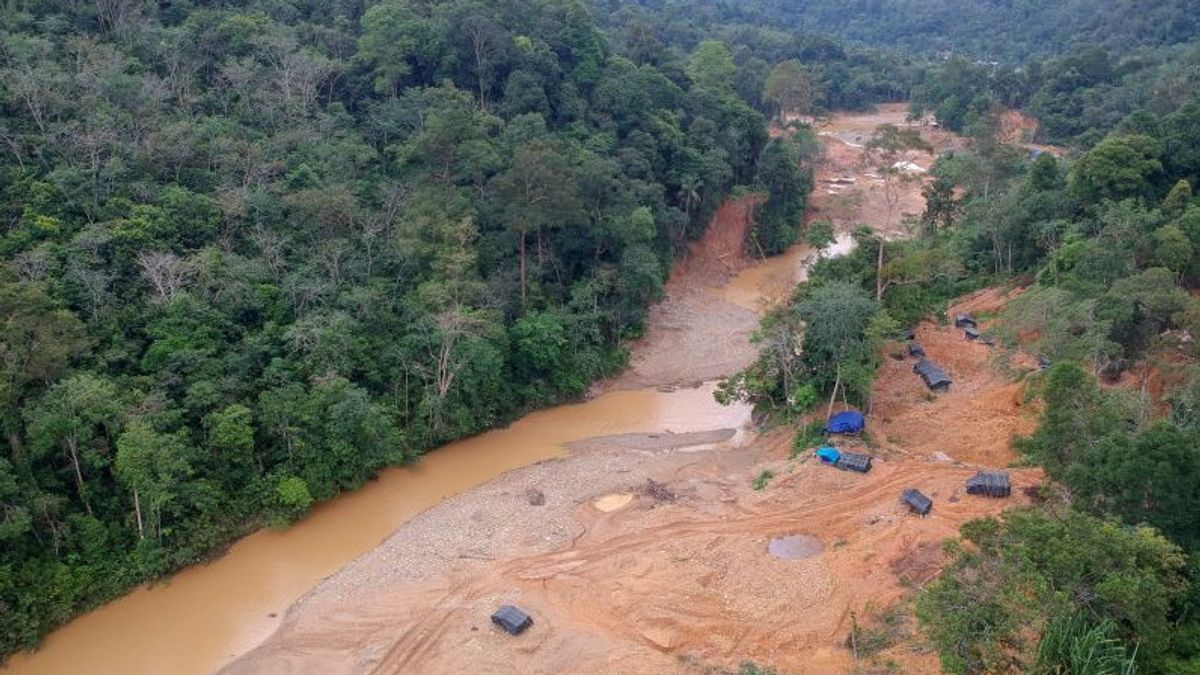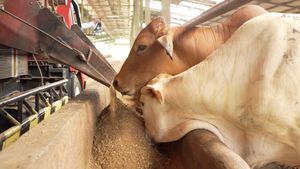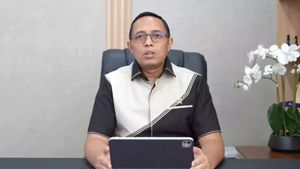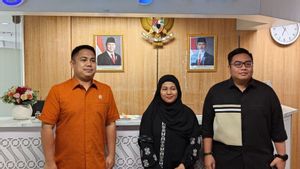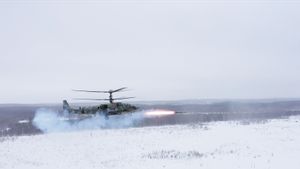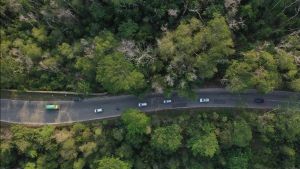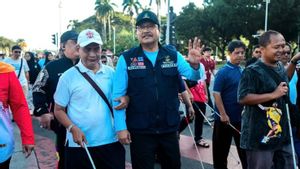JAKARTA - The Indonesia Mining Association (IMA) or the Indonesian Mining Association hopes that all stakeholders are serious in overcoming mining practices without permits (pets) which have recently become rife.
The local government and the National Police were also encouraged to be proactive in preventing the coffin before it grew.
"It is very important that the coordination between the regional government, the police and the Ministry of Energy and Mineral Resources (ESDM)," said IMA Chairman Rachmat Makkasu in a statement quoted by Antara, Monday, August 29.
Rachmat revealed that the vital role of handling the coffin is actually in the regional government and the police. Meanwhile, mining companies that own business permits from the government are the best to report, especially if there are indications of crates in their area.
"We hope they don't wait until the scale develops to be big because it will be increasingly difficult (handling)," explained Rachmat.
According to him, IMA always asks its members to coordinate with the regional government, the police and the Ministry of Energy and Mineral Resources.
"The progress is carried out by each company with the regional government and the police, as well as support from the Ministry of Energy and Mineral Resources," he said.
It is suspected that the distribution activities are increasingly widespread, especially when commodity prices continue to rise. Based on data from the Ministry of Energy and Mineral Resources, until the third quarter of 2021 there were 2,645 locations of mineral mining crates and 96 coal mining locations. The Ministry of Energy and Mineral Resources also stated that around 3.7 million workers were involved in coffin activities.
The Director of Certain Crimes of the National Police's Specific Criminal Investigation Agency, Brigadier General Pol Pipit Rismanto, said that currently there is coordination and synchronization of data between the police and the Ministry of Energy and Mineral Resources regarding several mining commodities.
The coffin activities not only violate the Minerba Law, but also the Employment Law related to K3, the Environmental Law, so that there is subsidized fuel abuse.
"The problem of the coffin is very complex, it cannot be solved by running its own so it needs an arrangement of developing and sustainable regulations that are able to encourage the regional and national economy, coordination between institutions and synergies must also be improved," said Pipit when speaking at a webinar in Jakarta, last week.
Ade Adhari, Executive Director of Diponegoro Center for Criminal Law, said there were at least five losses due to crates in Indonesia. In addition to environmental damage and pollution, it also loses state revenue and there is no guarantee of reclamation and post-mining.
"Capital activities also eliminate the opportunity for CSR mining, the absence of community development obligations other than people's lives is threatened," said the Tarumanegara University criminal law lecturer.
Ade said that criminal sanctions were needed for the perpetrators of the coffin. The goal is to influence the public not to violate the norms of administrative law through netapable sanctions.
The petition offense refers to the Minerba Law on Articles 158 and 160. Article 158 states that everyone who performs mining without a permit as stated in Article 35 shall be sentenced to a maximum of five years and a maximum fine of Rp100 billion.
Article 160 states that everyone who has an IUP and IUPK at the exploration activity stage but carries out production operations shall be sentenced to five years and a maximum fine of Rp. 100 billion.
The English, Chinese, Japanese, Arabic, and French versions are automatically generated by the AI. So there may still be inaccuracies in translating, please always see Indonesian as our main language. (system supported by DigitalSiber.id)
